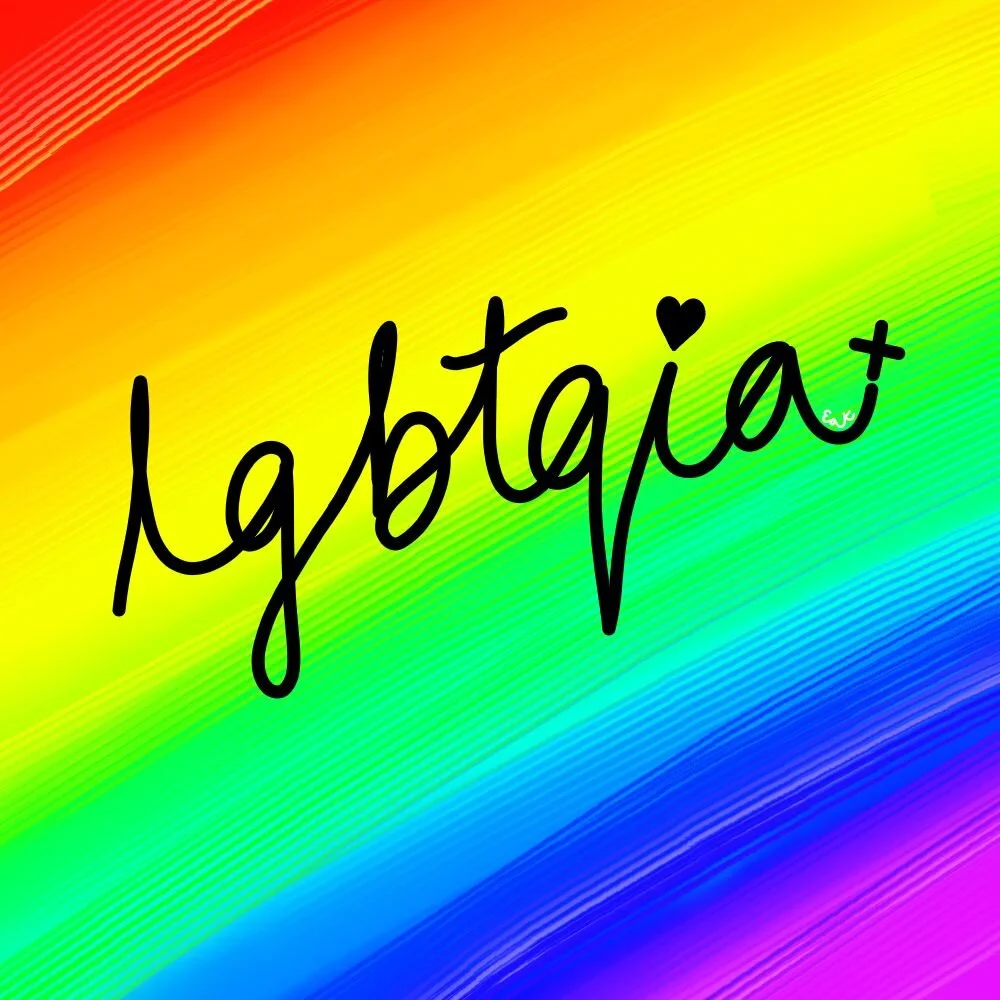The impact of RSE in schools
Vision: improve people's physical health and emotional wellbeing, and give them the critical tools to develop or defend a more socially just society.
Mission: comprehensive and inclusive relationships and sex(uality) education for young people which confronts taboos and social injustices.
“Despite clear and compelling evidence for the benefits of high-quality, curriculum-based CSE, few children and young people receive preparation for their lives that empowers them to take control and make informed decisions about their sexuality and relationships freely and responsibly.”
PROVIDING EDUCATION TO prevent sexual violence
Comprehensive sexuality education which covers consent - including digital consent - is an essential aspect of ending sexual violence. By unpicking certain normalised attitudes and behaviours in a safe space, we can challenge myths pertaining to rape culture and gendered sexual pressures which cause harm on a global scale.
Vital statistics:
59% UK girls and young women aged 13-21 said in 2014 that they had faced some form of sexual harassment at school or college in the past year. (4)
Gendered and sexualized cyberbullying is disproportionately experienced by girls and LGBTQIA+ children and youth. (5)
Nearly three-quarters of all 16–18-year-olds (of all genders) say they hear sexual name-calling with terms such as “slut” or “slag” used towards girls at school on a daily basis or a few times a week. (6)
41% of UK girls aged 14 to 17 who reported an intimate relationship experienced some form of sexual violence from their partner. (7)
Young people who receive effective relationships and sex education are more likely to report sexual abuse and more likely to have consensual first sexual experiences. (8)
“We found considerable evidence of the age-old double standard, by which sexually active boys are to be admired and ‘rated’, while sexually active girls are denigrated and despised as ‘sluts’. This creates gender-specific risks where girls are unable to openly speak about sexual activities and practices, while boys are at risk of peer exclusion if they do not brag about sexual experiences. ”
working with schools to advance the rights of all young people
Relationships and sex education has historically been heteronormative; all young people have the right to feel and be included in all aspects of their education. Intersectional, queer inclusive RSE is a vital player in the fight for equity and social justice.
Vital statistics:
Stonewall’s School Report found that nearly half (45%) of lesbian, gay, bi and trans young people are bullied for being LGBT at school. (1)
40% of lesbian, gay, bi and trans young people are never taught anything about LGBT issues at school. (2)
Over half of the young people surveyed by the Sex Education Forum who identified as transgender, lesbian or gay or who reported having a physical disability felt their SRE was 'bad or very bad'. (3)
“Today’s findings are really alarming and highlight the genuine need for better access to good, sensible, sexual health education for everyone – including contraception and the potentially terrible impact of STIs.”
improving public health through taboo-busting sex education
We provide clear and evidence-based information about anatomy, reproductive health, abortioncare and sexual health. By removing stigma around these topics we can empower young people to make informed choices, seek help when they need it, and improve their health and well-being.
Vital statistics:
More than one-third of young people think carrying protection is a sign someone is promiscuous. (9)
Out of 1,000 people surveyed, 34% admitted to not feeling confident talking about sex. (10)
Nearly half (48%) of children who menstruate aged 14-21 in the UK are embarrassed by their periods. (11)
And more than a quarter (26%) reporting that they did not know what to do when they started their period. (12)
Young people who receive effective relationships and sex education are less likely to have an unplanned pregnancy or STI and are more likely to use contraception and condoms. (13)




